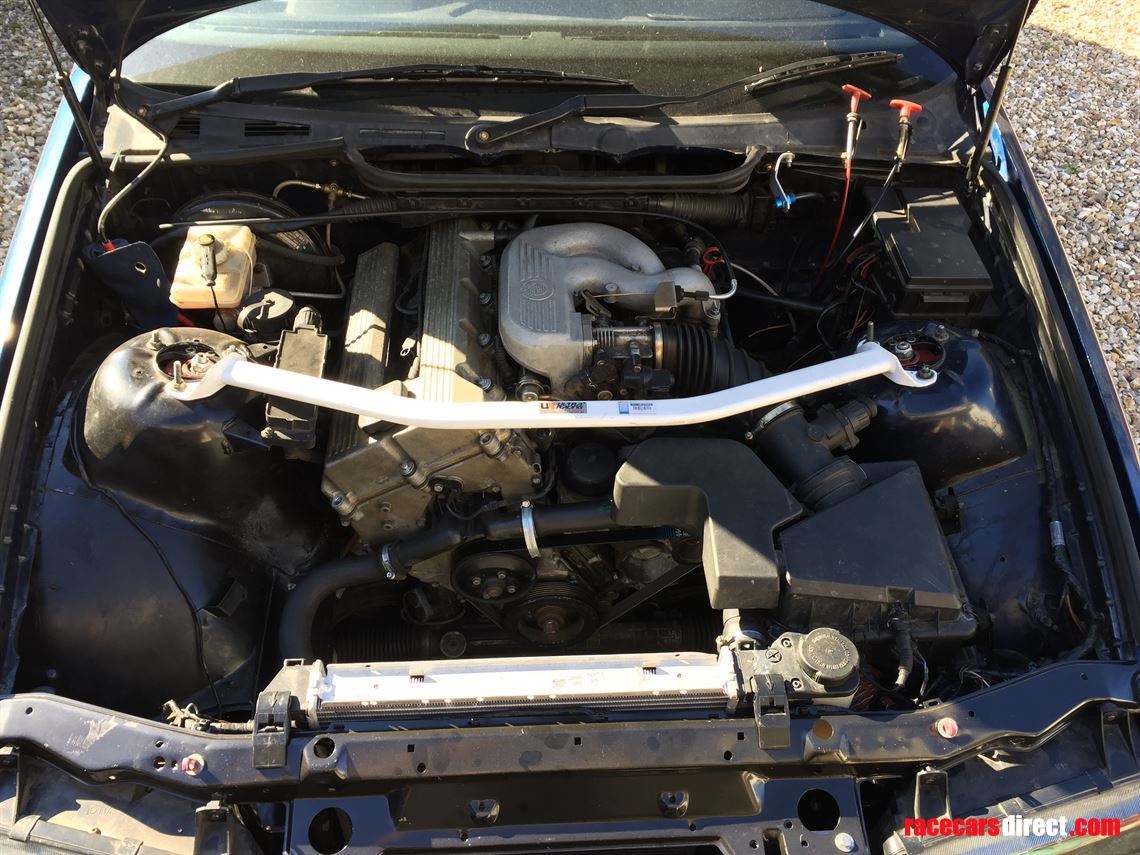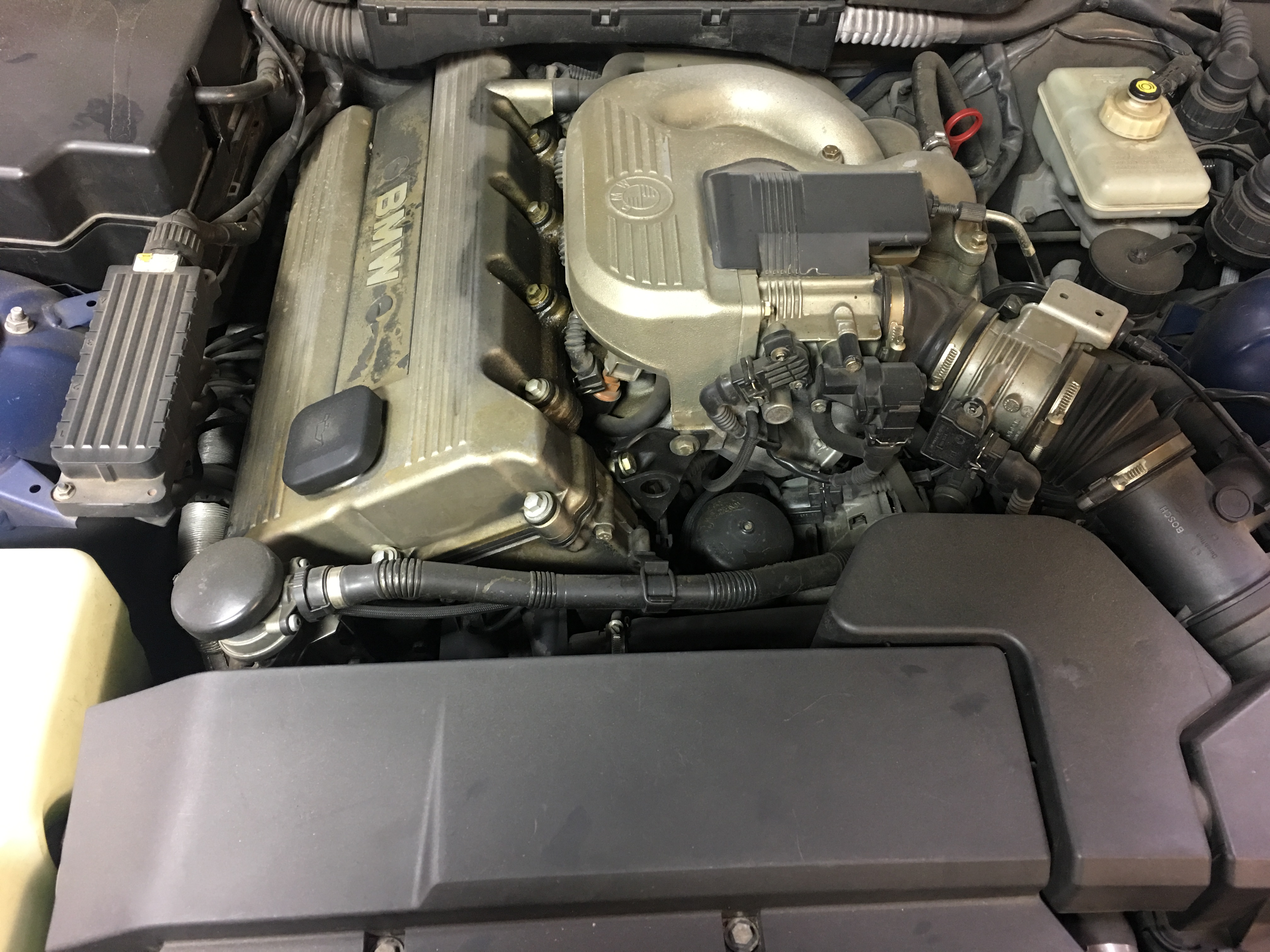Exactly how to Maintain Your BMW 318ti Running Smoothly for many years
Exactly how to Maintain Your BMW 318ti Running Smoothly for many years
Blog Article
Important Factors To Consider for Picking the most effective Engine for Your Demands
In the realm of choosing the suitable engine to meet your requirements, several essential variables need thorough consideration to guarantee ideal performance and effectiveness. From the nuanced balance in between power and performance to the often-overlooked elements of maintenance and solution requirements, each element plays a pivotal function in identifying the most appropriate engine for your certain demands. As the complexity of engine innovations remains to develop, critical the most suitable option necessitates a deep understanding of the interplay between numerous considerations. By checking out the intricate web of elements that underpin this decision-making procedure, a clearer course arises towards selecting an engine that not only meets yet surpasses your expectations.
Power and Efficiency
When reviewing engines for optimal efficiency, it is essential to focus on both power result and performance. Power outcome determines the ability of an engine to generate power, which directly influences its performance. A high power result is crucial for demanding jobs such as high-speed needs or sturdy applications. It guarantees that the engine can manage the work efficiently and effectively. Power alone is not adequate; performance plays a considerable function in identifying the overall efficiency of an engine. Effectiveness describes how well the engine transforms fuel right into functional power. A much more reliable engine will certainly deliver better mileage, lower discharges, and decreased operating expenses. Striking the ideal balance between power result and effectiveness is key to selecting an engine that meets your particular needs. It is vital to think about factors such as the planned use of the engine, environmental influence, and long-term expense effects when making this choice. By thoroughly examining both power and performance, you can select an engine that delivers ideal efficiency and satisfies your needs effectively.
Gas Efficiency and Economic Climate
Gas effectiveness refers to the engine's capacity to convert gas right into energy with very little waste, directly influencing operating costs and ecological sustainability. Engines with greater fuel performance not just reduce fuel expenses yet likewise reduce carbon discharges, adding to a greener operation.

Compatibility and Application
Considering the gas efficiency and economy of an engine, the next essential facet to address is its compatibility and application within details functional contexts. Compatibility refers to exactly how well the engine incorporates with the general system or tools it powers.
Various engines are developed company website for certain objectives, whether it be industrial equipment, marine vessels, vehicles, or power generators. Recognizing the desired application allows for the option of an engine that can provide the necessary power output, torque, and functional qualities.
Upkeep and Solution Demands
Upkeep and solution needs play an essential role in making certain the durability and ideal efficiency of an engine. Regular maintenance is necessary to stop break downs, extend the life expectancy of the engine, and preserve its effectiveness. When picking an engine, it is crucial to take into consideration the producer's suggested maintenance schedule and the availability of service centers or qualified service technicians.
Elements such as the regularity of oil changes, filter replacements, and total evaluations can substantially affect the engine's efficiency. Some engines may call for even more constant maintenance based on their layout and usage, while others might have longer intervals between maintenance checks. It is essential to abide by these service requirements to stay clear of costly repairs and unforeseen downtime.

Price and Budget Factors To Consider
Budget plan constraints commonly play a significant role in the decision-making procedure when choosing an engine my response for a particular application. When thinking about the cost and budget plan implications of selecting an engine, it is necessary to assess not only the initial acquisition cost but also the long-lasting expenditures related to upkeep, gas intake, and potential upgrades or repairs. It is crucial to strike an equilibrium between the ahead of time cost of the engine and its overall lifecycle expenses to make certain that the picked engine remains economically lasting throughout its functional life-span.
Aspects such as gas performance, integrity, and toughness can straight impact the overall cost of ownership of an engine. While a much more expensive engine may have greater in advance costs, it can possibly result in lower maintenance and fuel expenses over time, hence providing better worth in the lengthy run.
Final Thought

Gas performance refers to the engine's ability to transform fuel into energy with minimal waste, directly influencing operating prices and environmental sustainability.Elements influencing gas performance consist of engine design, burning efficiency, and general performance optimization. Furthermore, choosing the suitable fuel type and grade as suggested by the engine producer can even more boost efficiency and extend engine life expectancy.
Engines with great use functions and easily offered components can minimize maintenance expenses and minimize the time the engine is out of procedure - bmw 318ti. It is essential to strike an equilibrium between the upfront cost of the engine and its total lifecycle expenses to ensure that the picked engine remains financially lasting throughout its functional life expectancy
Report this page